
Beyond the Paycheck: The Emotional Cost of Career Breaks and Life Transitions
In the first post of this series, I shared why taking a pause after a major life trigger isn’t just helpful—it’s necessary. But what most people don’t talk about is the emotional cost that comes next.
This is what the toll of a layoff—or any life-altering shift—actually looks like.
Let’s start with my career break.
It’s been 4 months since I was downsized.
I’ve applied for positions I’m more than qualified for only to be overlooked.
I’ve worked with a career coach.
The clock is ticking on severance.
And let’s be real.
I’M SCARED.
Does anyone else out there feel that?
Here’s what no one ever says about that career break or life transition, forced or otherwise.
You don’t just lose the job, the relationship, the thing.
You lose your rhythm.
Your confidence.
And if you’re like me even a little of your identity.
AND NO ONE WARNED YOU ABOUT THAT PART.
So I’m gonna say what everyone is afraid to say out loud—is this break doesn’t just shake your life.
It messes with your sense of self.
Suddenly, you’re waking up without a title to hide behind.
You’re trying to be positive, but deep down, you feel like you’ve lost your place in the world.
And if you’re honest?
You’re not just tired of the job market.
You’re tired of pretending you’re fine when you’re quietly falling apart.
Because the real cost of this career break isn’t financial—it’s emotional.
And here’s the thing: whether you were laid off, burned out, or brave enough to step away on your own terms, the pressure to bounce back fast is brutal.
Is anyone else carrying that pressure?
The pressure to prove they’re still valuable.
The pressure to look like they’ve got it all together.
The pressure to explain why they’re “in between” without sounding like they’ve failed.
Let’s talk about the hidden weight you’ve been carrying—and how to start letting it go.
Real Talk: It’s Not Just a Break—It’s an Identity Crisis
“We don’t just grieve people—we grieve who we were before everything shifted.”
You lost a lot in this transition.
Whether you were downsized.
Decided to walk away from burnout.
Reset your life.
Or life just happened.
And you may not see it now but you lost
- Structure-the routine or relationships that kept you grounded.
- Recognition-feeling seen and heard in a meaningful way.
- External validation-that honoring of your who you were.
- The version of you that felt “safe” or successful.
I found myself moving through this career grief much like I moved through the grief of losing my father. As I shared in a previous post, I kept doing all the things that needed to be done.
In actuality, I was repeating, again, patterns that I default to when life presents circumstances I don’t want to accept.
And understand, no matter how much we grow and evolve some of our base patterns, even if you’ve mastered controlling them, can come back to haunt you.
I find myself now, as I did when my father passed, in a place of discomfort. A place of discontent.
But here’s what I’ve come to realize:
This isn’t just discomfort.
It’s disorientation.
You’re not just grieving the job.
You’re grieving the version of yourself that made sense in that job—in that life.
It’s almost like a death.
According to research published in the Journal of Vocational Behavior, individuals experiencing involuntary career disruptions often report identity fragmentation, disorientation, and a “loss of self-continuity.”
The focus of the study was artists, but I believe it happens across career fields. Most people identify themselves by their chosen career, their title and success in that career.
Simple translation. When the title disappears, many of us feel like we disappear with it.
Research in the field of neuroscience and psychology does suggest that significant life changes can activate neural processes similar to those involved in grief.
As employment law expert Carolyn Stern writes, job loss often triggers a grieving process that mirrors bereavement—because for many of us, our jobs are deeply tied to our identity, structure, and sense of self. The emotional toll isn’t just about losing income—it’s about losing a role that once defined who we were in the world.
Just like with death, We don’t just feel sad. We feel unmoored.
And that unmooring? It’s where old patterns resurface.
I went into action mode—again. Overcommitting. Overworking. Overthinking.
Because action feels safe when identity feels threatened.
But here’s the hard truth I had to sit with:
Even productivity can be a mask for pain.
And if we don’t confront what we’ve internalized—that our worth is tied to output, that rest is laziness, that visibility equals value—we’ll spend this entire break trying to perform our way out of it.
So I’m hear to say it clearly:
This isn’t just a break in your schedule.
This is a break in your sense of self.
And no spreadsheet, résumé tweak, or forced affirmation is going to fix that until you face it head-on.
Now, what do we do with that?
Let’s talk about the pressure to bounce back—and why the “just get back out there” mentality might be doing more harm than good.
Why We Feel Pressured to Bounce Back
The pressure to bounce back fast? It’s real—but here’s the truth:
Most of it isn’t coming from your former boss, your friends, or even your bank account.
It’s coming from you—or more specifically, the version of you that still thinks rest equals weakness and pausing means falling behind.
Let’s be honest. Somewhere along the way, we bought the lie that if we’re not producing, we’re failing.
That if you’re not applying, pivoting, performing, or hustling, you’re wasting time. But what if the real waste isn’t in the pause—it’s in the pressure?
This is where most people get stuck:
They confuse movement with momentum.
They confuse doing with healing.
They confuse urgency with value.
In “Keep Going Part 2”, I shared how I stayed in motion—not because I was making progress, but because I was afraid to face what stillness would reveal. That same fear is what drives so many of us to jump into the next thing. It whispers, “If I’m not moving, I’m failing.” But the truth? Some of the most powerful breakthroughs happen in the pause.
This isn’t about laziness. It’s about identity.
We don’t just feel pressure to prove we’re okay—we feel pressure to prove we still matter.
And most of us learned that pressure early.
Maybe it was the first time you got praised for overachieving—not for being honest, but for being excellent.
Maybe it was growing up in a family where you had to stay strong for everyone else.
Or maybe it was at that job where your exhaustion was applauded and your boundaries were ignored.
Somewhere along the way, we stopped believing we were worthy just because we are—and started believing we had to earn it through output, through performance, through relentless proving.
That belief gets dangerous when life knocks you off your path.
Because when the title disappears… when the relationship ends… when everything you wrapped your identity around falls apart—
you don’t just lose the thing.
You lose the part of you that thought you were only valuable because of it.
And that’s when the Bounce-Back Trap kicks in:
You’re not trying to heal.
You’re trying to outrun your fear that you’re not enough without a role to play.
Creating urgency.
And that urgency? It’s often rooted in fear.
- Fear that if you stop, the world will forget you.
- Fear that if you slow down, you’ll fall behind.
- Fear that if you’re not producing, you’re no longer valuable.
But you are not your productivity.
You are not your resume.
You are not the last job you held or the last role you played.
If you’ve been laid off, gone through a divorce, lost a loved one, or left something that once defined you, hear this:
Your value didn’t leave when they did.
You get to grieve. You get to feel lost. You get to not know.
You don’t have to springboard into your next season just because everyone else is sprinting toward theirs.
In “The Silent Dream Killer,” I wrote about self-sabotage and the toxic perfectionism that keeps us stuck performing instead of progressing. That same pattern shows up here—in the urgency to fix our lives before we’ve even had time to feel the break.
Let’s break the cycle.
Most of us don’t even realize we’re caught in the Bounce-Back Trap—rushing to rebuild a life that no longer fits who we’ve become.
Because when something falls apart—whether it’s a career, a marriage, or your sense of identity—our reflex is to recreate what feels familiar.
Even if familiar was suffocating.
We don’t pause to ask, “Do I still want that version of me?”
We just hustle to prove we’re still capable. Still strong. Still in control.
But if you’re rebuilding just to be seen as “resilient,” you’re not healing—you’re performing.
And performance is the silent dream killer that convinces you to settle for survival when your soul is begging for transformation.
And in this moment?
That rebellion is the only way out of the trap.
The truth is, the bounce-back is optional.
What you need is not a rushed comeback—it’s an honest reset.
So before we move into what that reset looks like, I want to leave you with a question:
What part of your comeback are you forcing that your soul hasn’t even agreed to yet?
And the better question is who are you performing it for—your future, or your fear?
If those questions hit something in you, don’t ignore it.
That’s clarity trying to speak.
From Breakdown to Breakthrough: Rebuilding After a Life Disruption
Let’s be clear:
You’re not in this space because you’re unmotivated.
You’re here because your soul won’t let you rebuild something that was never meant to last.
That’s wisdom.
What looks like procrastination might actually be protection.
What feels like stagnation might actually be sacred stillness.
This pause? It could be the first time in years that you’re not running on survival—but realignment.
Because here’s the truth:
The bounce doesn’t have to take you back.
It can take you forward.
Not into the version of you that proved your worth through output—
but into the one that honors your worth without earning it.
Not into the hustle that left you exhausted—
but into clarity that lets you build a life that fits.
This is the moment to stop asking, “How do I get back?”
And start asking, “What if I didn’t?”
I sat with this for quite some time.
As my layoff loomed, I kept scrolling past job listings I could do in my sleep—roles I didn’t want in rooms I no longer fit.”
And the question hit me hard:
Do I even want to get back into this?
And if I don’t… what then?
So I’ve been sitting with it.
Sitting in the fear.
Sitting in the discomfort.
Sitting in the space where clarity doesn’t shout—it whispers.
Because when you stop forcing the bounce, something powerful happens.
You start asking deeper questions:
Who am I becoming?
What do I want this next chapter to feel like?
How do I build a life that fits who I am now?
That’s where freedom begins.
Freedom to see yourself here, not back there.
Freedom to reimagine what’s possible without rushing to prove you’re okay.
When you release the pressure to return, you open the possibility to redefine:
Your direction. Your values. Your identity. Your next chapter.
So, if the old life doesn’t fit anymore?
Good.
That means you’re ready to build one that finally does.
Bouncing Forward: 4 Steps to Rebuild After Everything Changed
If you’ve made it this far, this is where the real work begins.
This is the line in the sand.
The moment where you decide:
Are you bouncing back—or bouncing forward?
Here are four steps to help you shift your mindset and start rebuilding with clarity, not just urgency.
Name What’s No Longer True
We spend so much energy trying to get back to “normal,” we rarely ask:
Was that life even true to me?
Take 10 minutes to write down what no longer fits—roles, beliefs, routines, expectations.
Get honest. This isn’t about judgment. It’s about releasing the weight of what you’ve outgrown.
✨You’re either going backward, or you’re shedding what no longer aligns.
Define What Actually Matters Now
Your crisis changed something. Good. Let it.
Write down 3 things that matter more now than they did before the disruption.
Maybe what matters now is your peace. Or your health. Or being present with your kids. Name it. Honor it.
When your values shift, your vision must too.
✨This is your permission slip to prioritize what gives you peace, not just what gives you progress.
Find the Fear Behind the Freeze
If you’re stuck, don’t just push harder. Pause and ask:
What am I afraid will happen if I move forward?
Give that fear a name. Then challenge it. Most fear loses power when you face it head-on.
✨Perfectionism wears many masks. One of them is avoidance dressed up as preparation.
Create One Small Win This Week
You don’t need a master plan. You need momentum.
Pick one thing that aligns with who you’re becoming—and do it this week.
Apply for a role that excites you. Reach out to someone you trust. Block time for rest. Say no to something that no longer fits.
✨Identity is shaped in motion—not perfection.
Bonus Step: Reintroduce Yourself
After a major life disruption, it’s easy to define yourself by what you’ve lost.
But this is your moment to reclaim what’s still true—and what’s newly emerging.
Take 15 minutes to write a short letter or voice memo to yourself starting with:
“Here’s who I’m becoming…”
Let it be messy. Let it be real. Let it name the growth you’re just beginning to see.
✨You don’t need to wait for clarity to start becoming who you already are.
Final Thought: Change Doesn’t Break You—It Introduces You
We talk about change like it’s an interruption.
Something to fix. A glitch in the plan. A crisis to survive.
But what if change isn’t breaking you?
What if it’s introducing you—to the version of yourself you never would’ve met if life had stayed predictable?
The job you lost. The relationship that unraveled. The role that no longer fits.
They weren’t failures.
They were thresholds.
Because here’s what no one tells you:
The life you outgrew wasn’t wasted—it was preparation.
The identity that’s unraveling isn’t falling apart—it’s making space.
We don’t evolve by choosing comfort.
We evolve by learning how to sit in the in-between—with honesty, with faith, and with eyes open.
You don’t need to bounce back.
You don’t even need to bounce forward.
You just need to rise into who you already are.
Ready for the Real Work?
If this stirred something in you, don’t rush past it.
Pause.
Reflect.
And go deeper.
Because now’s the time to ask the questions that actually move you forward:









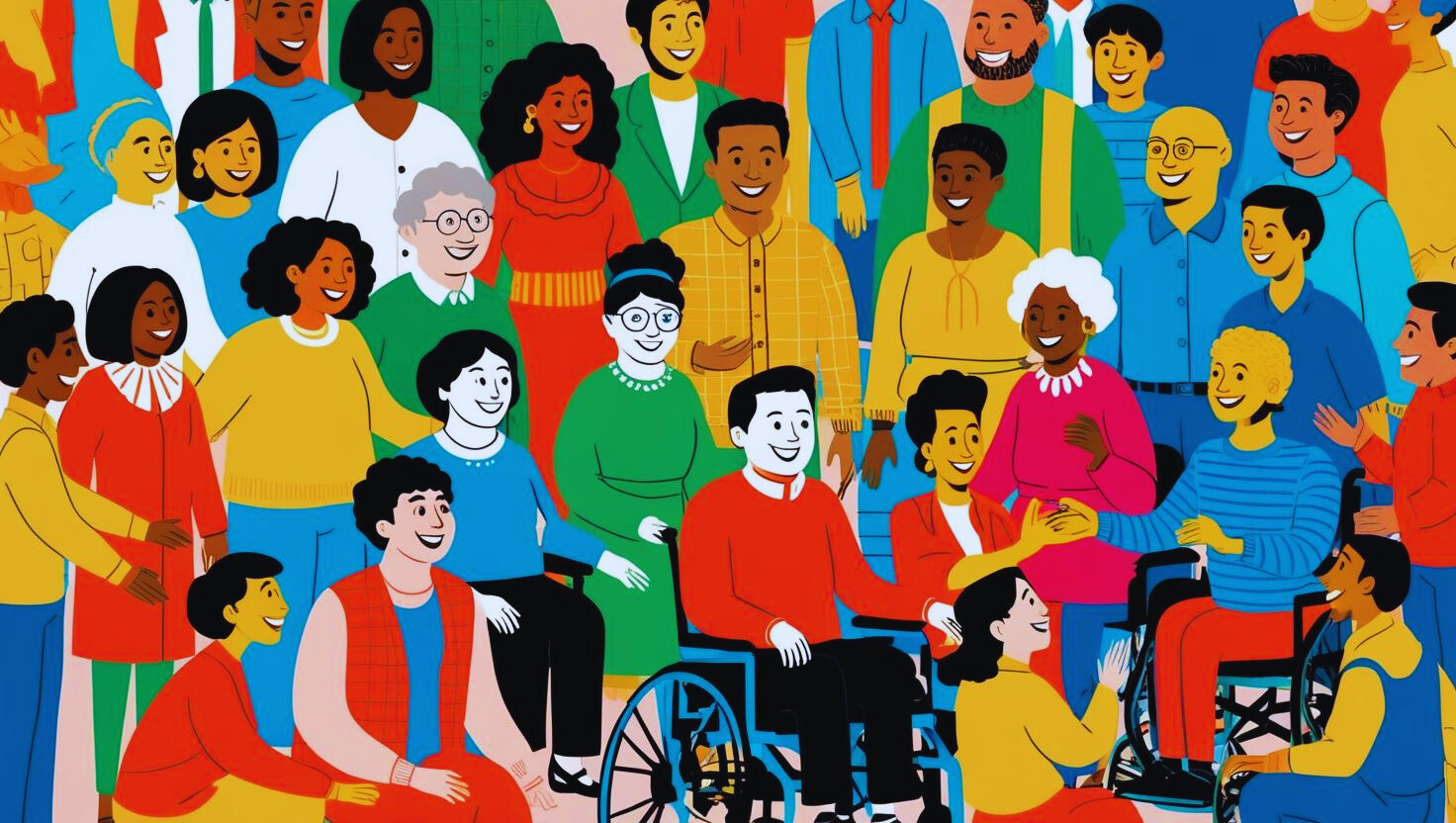


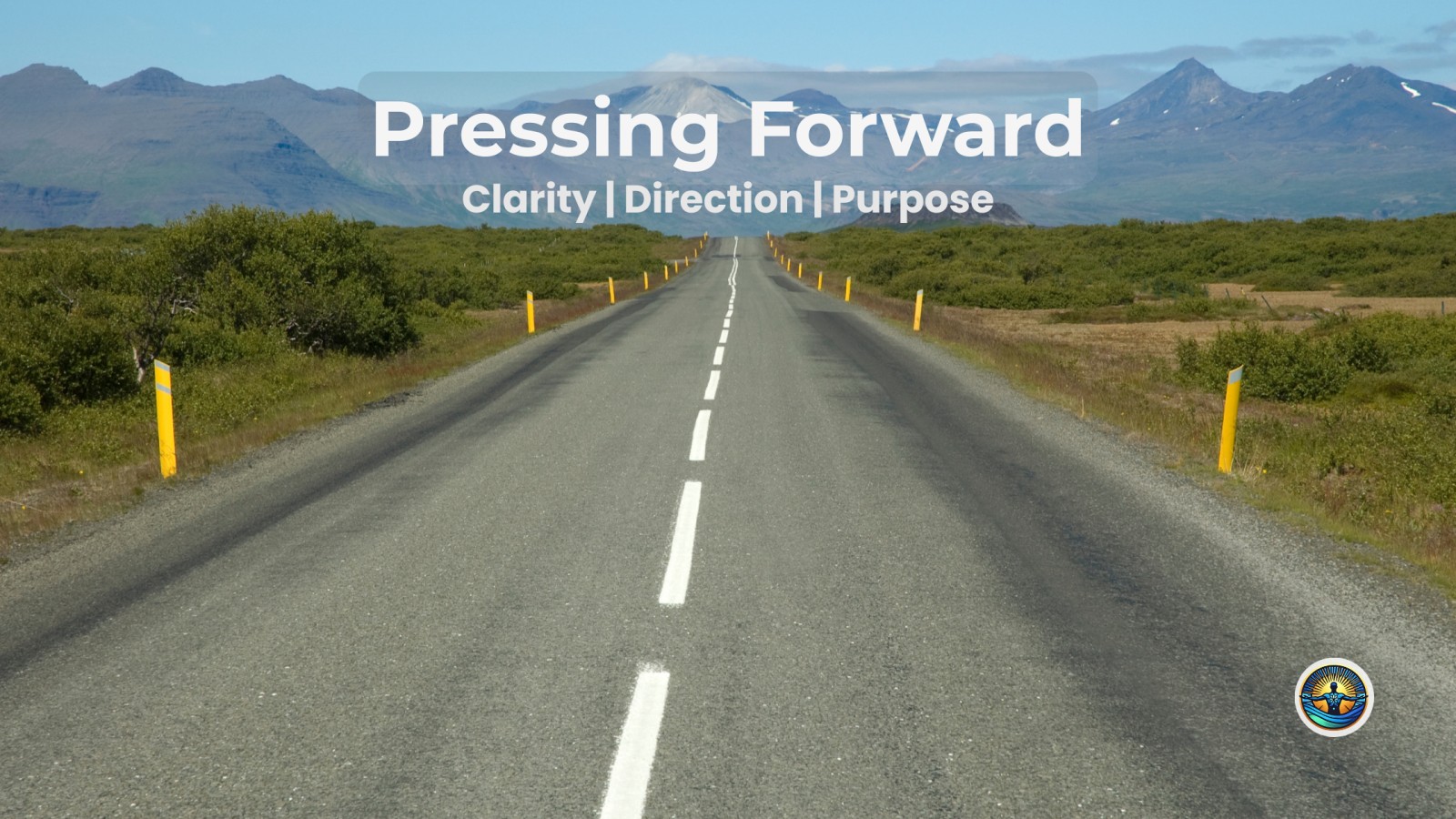
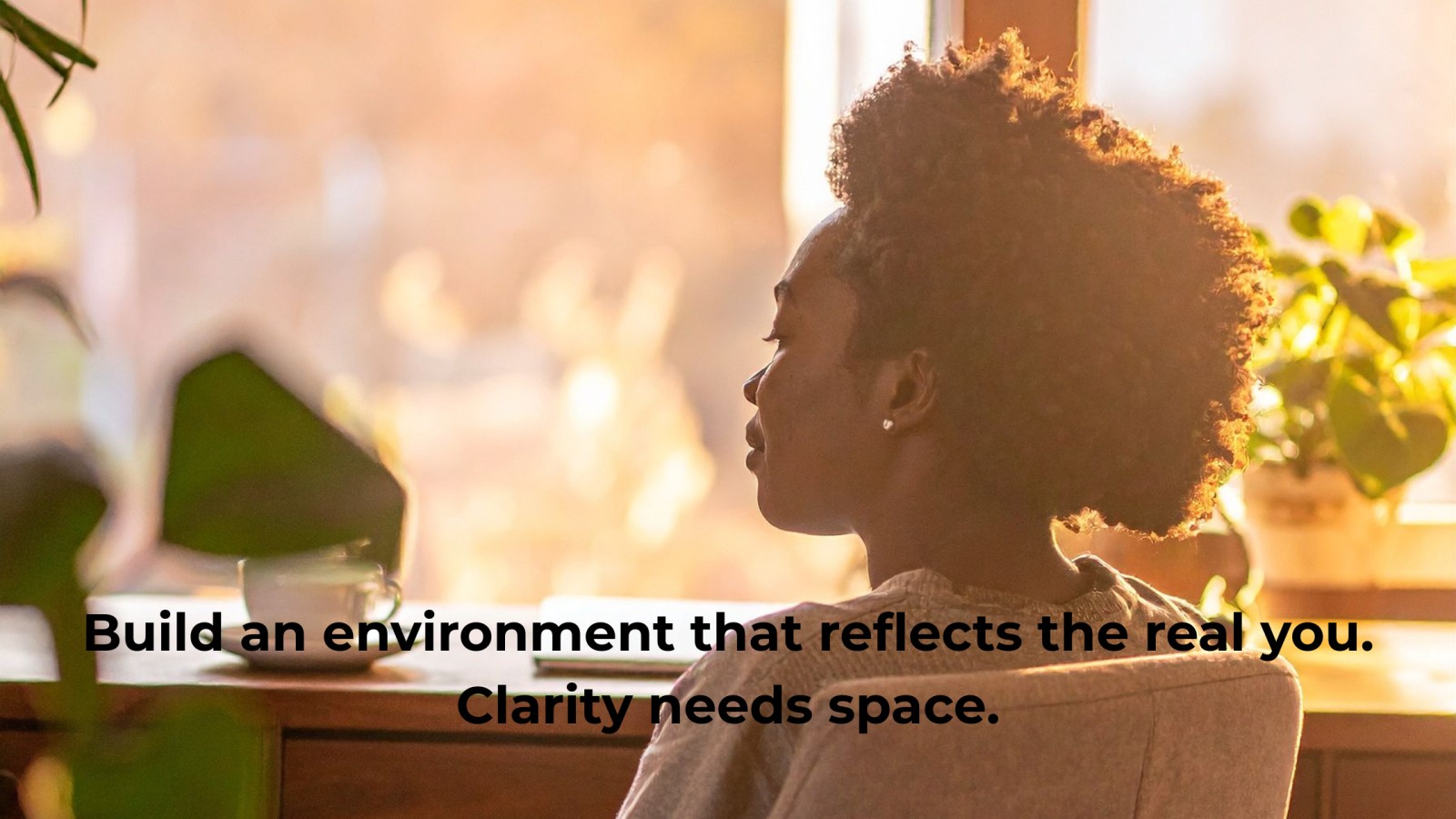


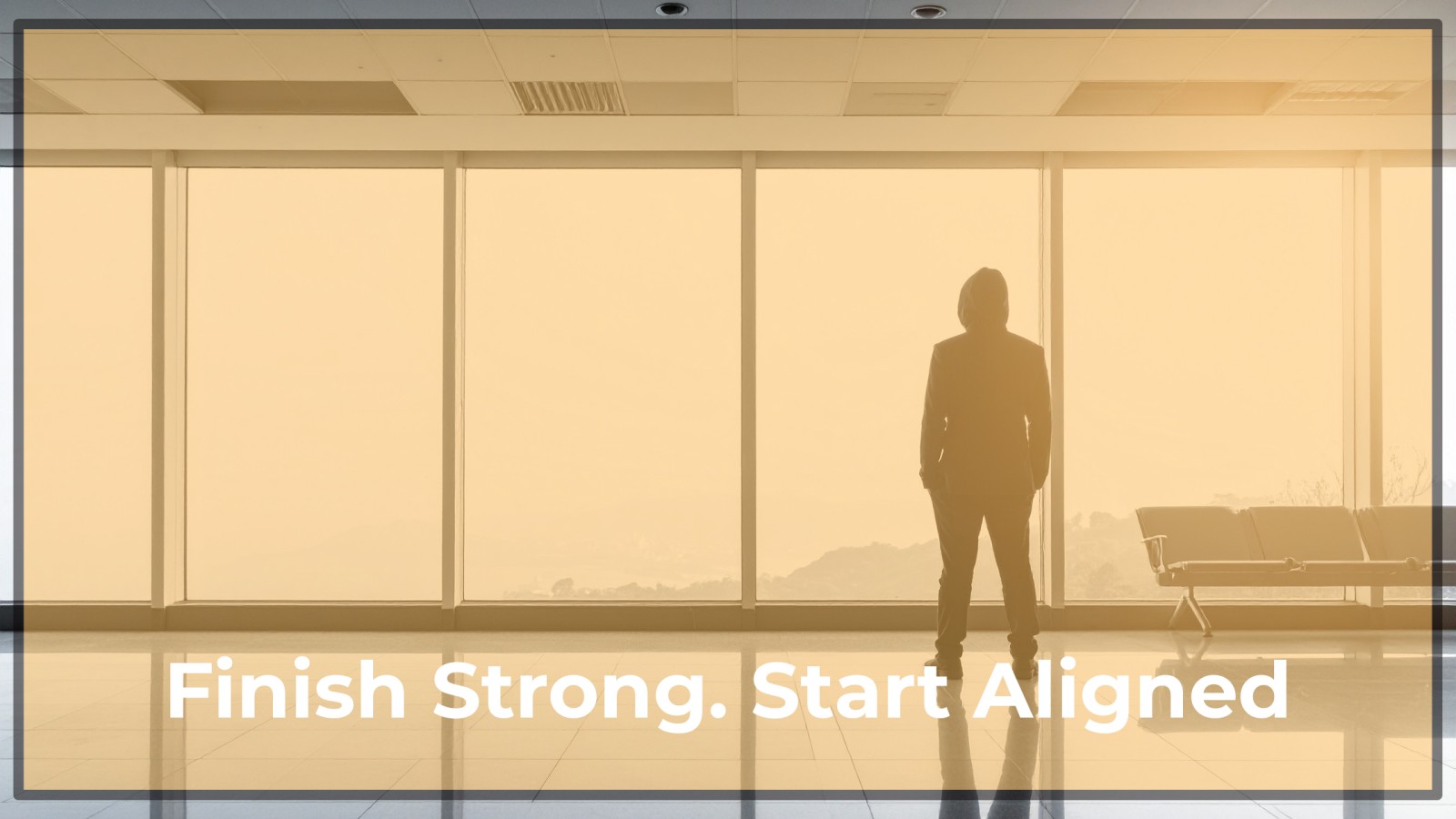
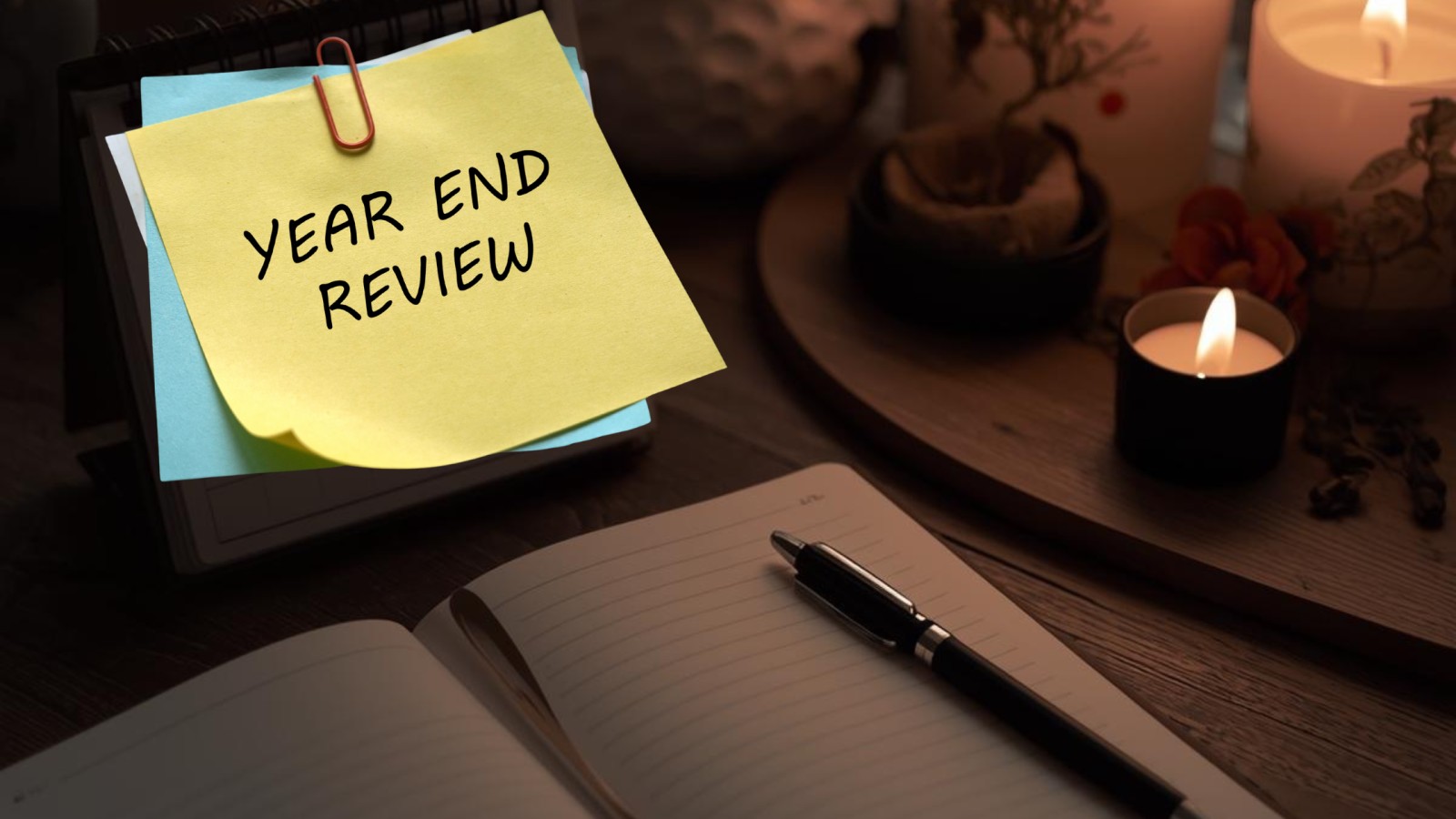
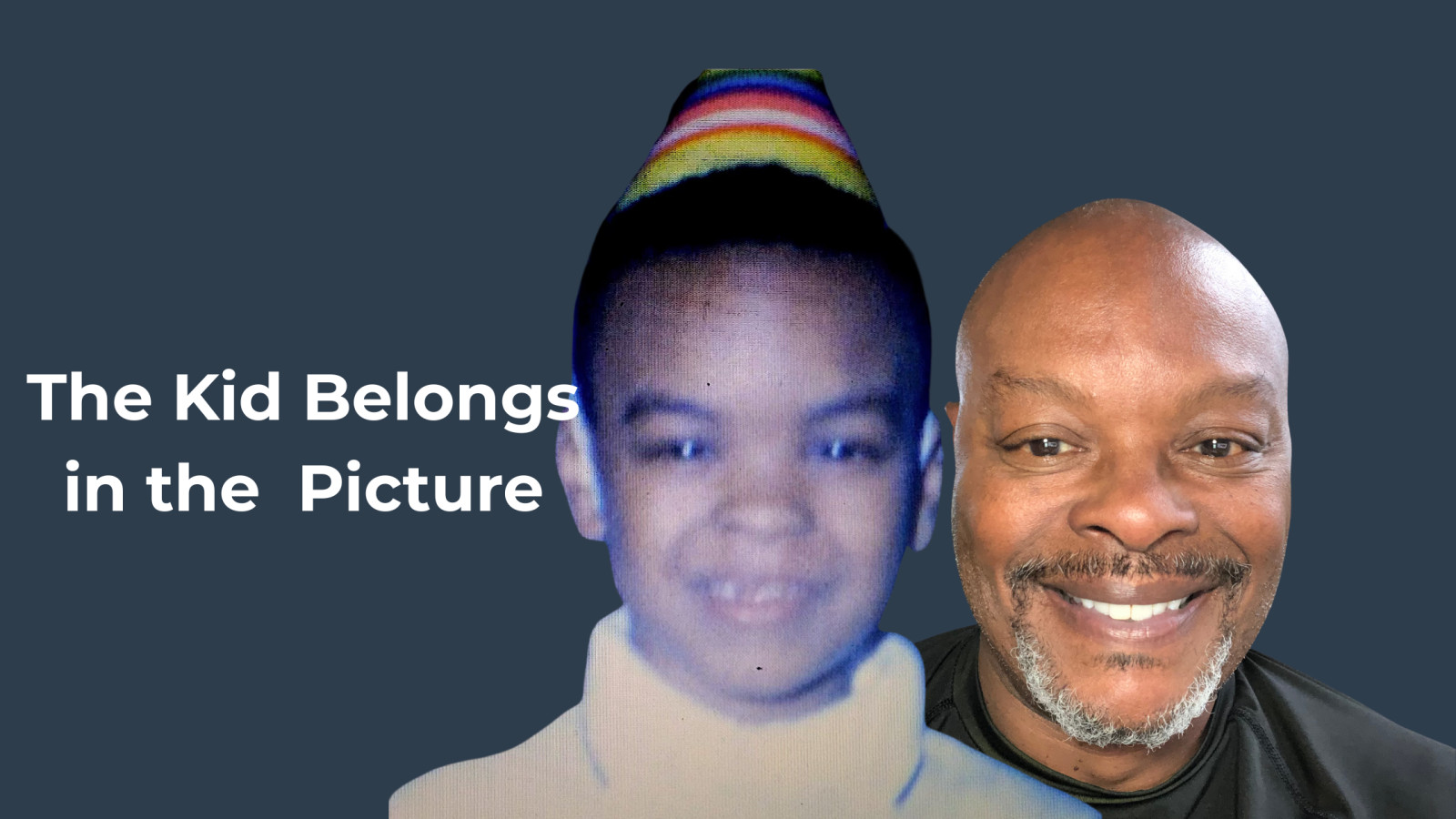
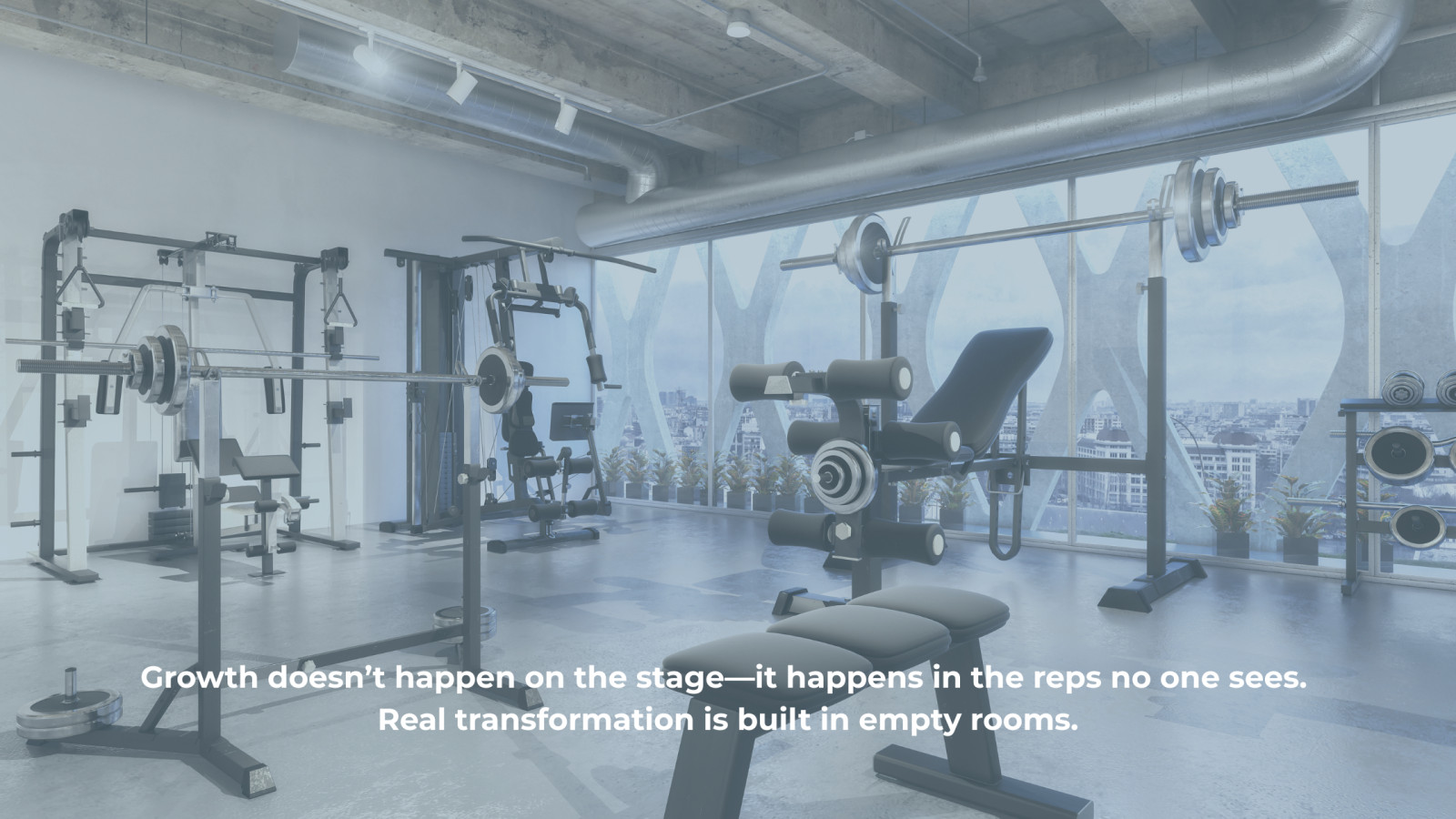
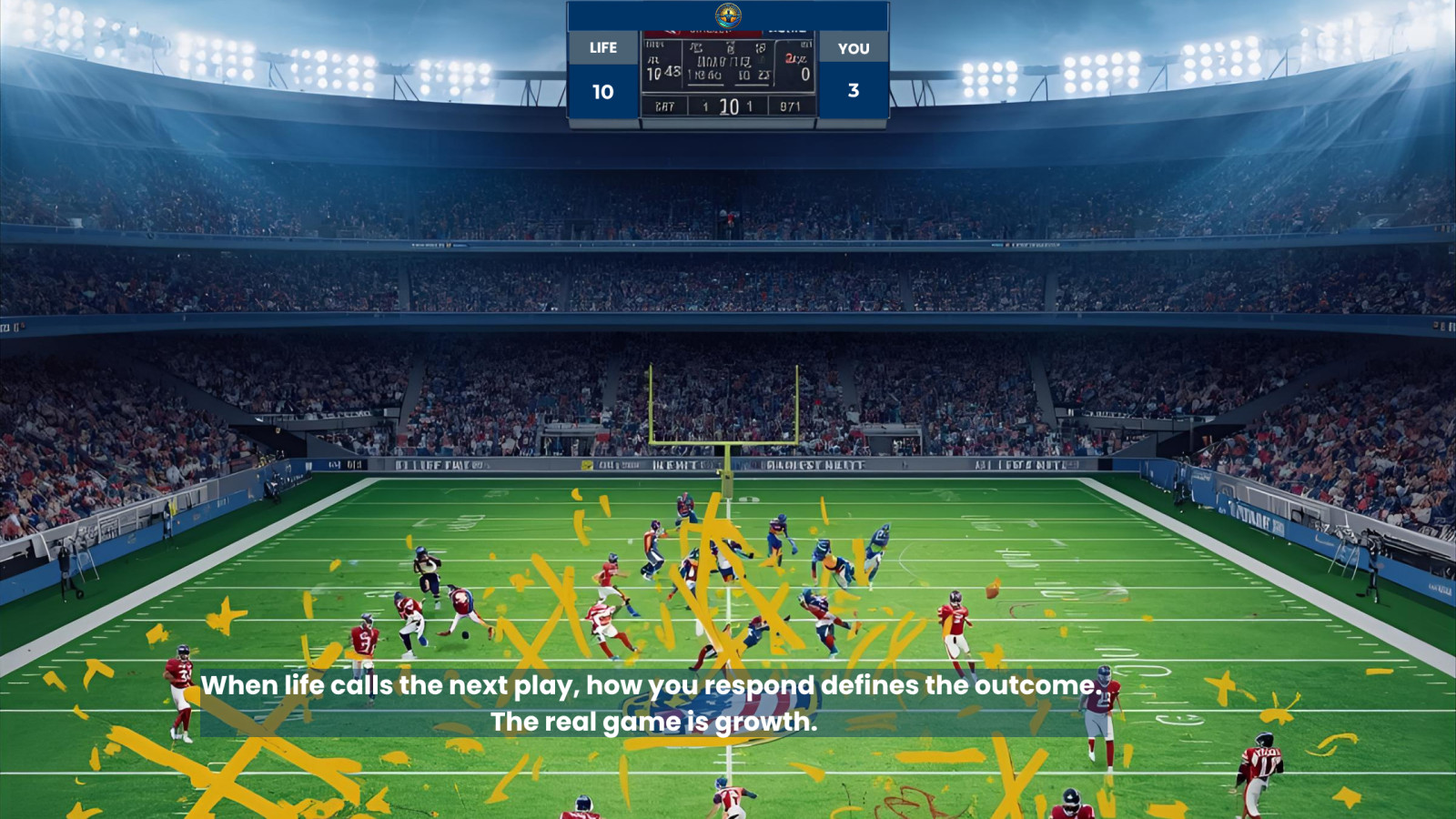

0 Comments